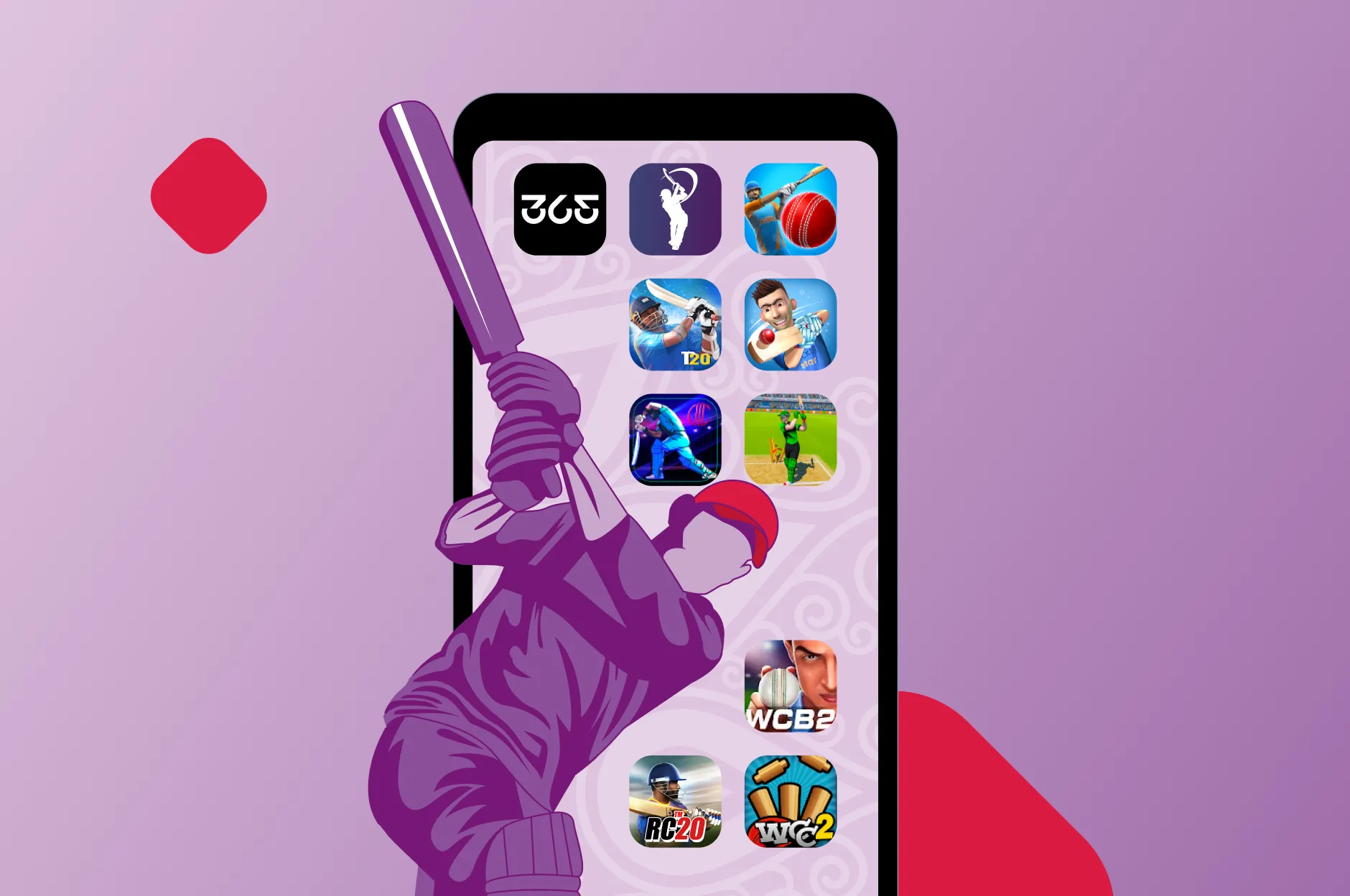

Key Takeaways
- 5G is leading a transformational behavior change that creates new opportunities for app developers
- More processing power allows marketers to create new kinds of experiences
- Savvy marketers can use location capabilities to deliver content based on granular locations
- App Bundles allow developers to “light up” apps on phones without reduced friction
- File size concerns and other areas of “friction” are mitigated through on-device solutions
During a two-part podcast series hosted by Martech, I discussed how the mobility landscape is impacting marketers and the ways Digital Turbine can help solve this. In the first podcast, I discussed app developers can boost revenue and reach end users at scale through the Direct to Device Advantage.
In this recap of the second podcast, readers can learn more about how mobile app developers are gearing up for 5G.
5G: Transformational Behavioral Change
At its core, 5G is the latest growth in the speed, quality, and power of mobile that we’ve seen progress with each new generation. Even the most forward thinking individual probably didn’t foresee people changing their TV viewing habits from the living room to “on the go”. But now, we forgo appointment TV viewing and watch on our phones or other devices wherever we are and whenever we like. This increased power opens new ways for app marketers to drive more engagement.
Deeper Experiences
More processing power enables marketers to insert impressions in places we wouldn’t otherwise. Being able to highlight real-time processing of data and services can create an environment for marketers and advertisers to take advantage of. Ultimately, the increase in processing power from 5G enables marketers to create deeper experiences through Augmented Virtuality and Augmented Reality — for example, Snapchat’s ‘Create Lenses’ feature for mobile advertisers.
Location Capabilities
For years, marketers have used data to get the right message in front of the right people, at the right time — all in pursuit of driving business results through the data they compile. With 5G, marketers can now discern if you’re at grandma’s house and what room of the house you are in. Where users agree to allow their locations, savvy marketers can tap into the opportunity this creates. For instance, marketers could potentially provide more specialized content depending on the location: cooking in the kitchen vs. sitting on the couch in the living room.
App Bundles
Two years ago, Google introduced Android App Bundles, a file type created to help developers control the complexity and file size of their applications. App bundles circumvent the need for developers to build, sign, and manage several Android Package Kits (APKs) in order to distribute apps. Now they can quickly “light up” an app without all the overhead. These progressive experiences will reduce friction for the users and publishers alike — creating opportunities for larger device integrations.
The End of Friction
For marketers concerned about “file size” preventing a download, 5G will bring an end to those concerns. Where before, if an app download takes extra seconds, it can destroy your ROI. But now, people don’t have to worry about having a good wifi connection, how much room they have on their phone, or how much time they have. In an impatient world, “frictionless” solutions increasingly win. We have seen 5–10x better click to install rathers because the level of friction is so much less with on-device solutions.






.jpg)
